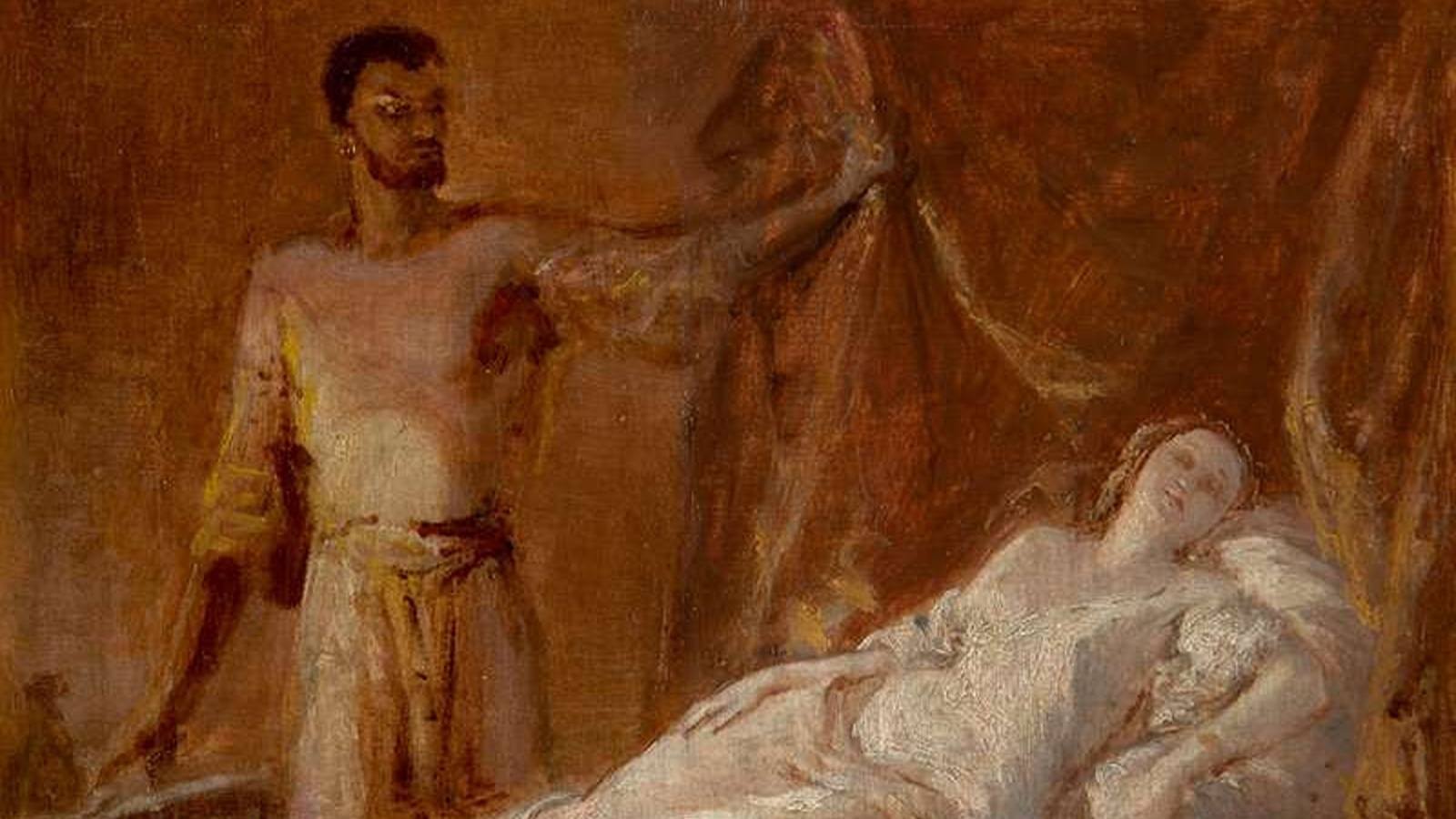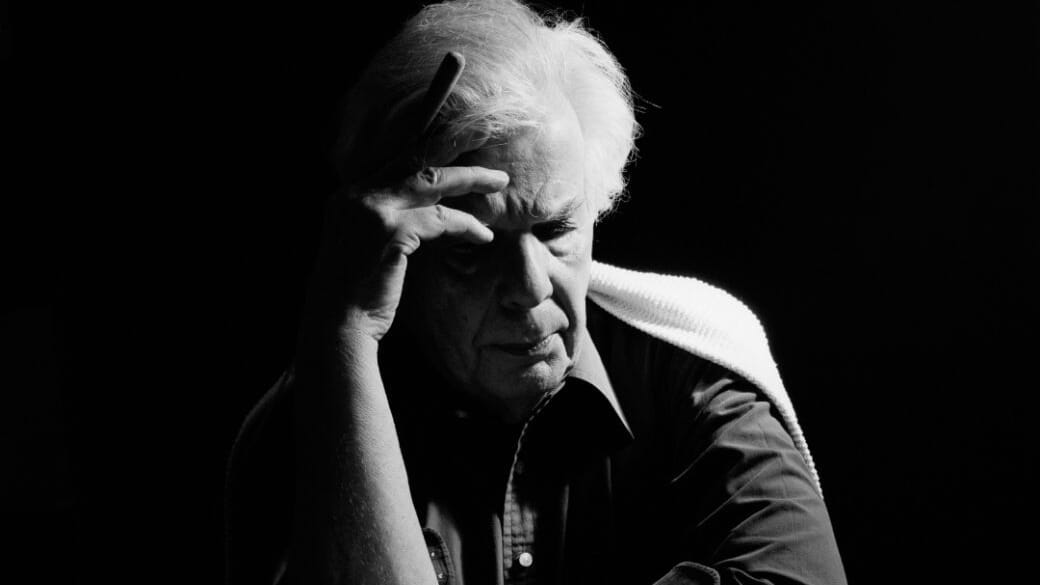Dvořák’s “Othello” Overture: Love and Tragedy
Before the epic film score, there was the tone poem of 19th century Romanticism. This music often abandons traditional formal structures. As with cinematic scores to come, it unfolds in a way that is governed by the dramatic sweep of the story. With sudden mood swings, it offers a rollercoaster ride of emotion, and evokes cinematic imagery. Antonín Dvořák’s 1892 concert overture, Othello, Op. 93, falls into this category. It was conceived as …







